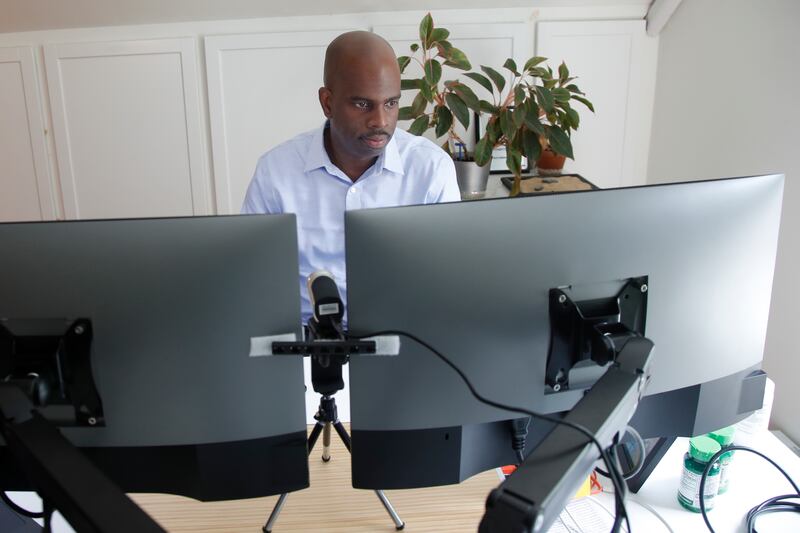If you could live anywhere while still working for your current employer, where would you go?
This is becoming a front-of-mind question for many people, including my son, who works for one of the world’s largest internet companies in the Bay Area. He’s been working from home for months now, with no end in sight. If this continues, could he move back to the Wasatch Front, retain the same salary and, instead of paying rent for an apartment in one of the nation’s most expensive markets, buy a house?
If you work for a company along the Wasatch Front and have a yearning to live in a rural setting somewhere, could you live out your dream without having to scrounge for ways to make money in a traditionally bleak rural economy?
The COVID-19 pandemic has forced a lot of questions on us. It has, as some have noted, pressed the fast-forward button on trends that were plodding and poking along against the relentless resistance of tradition and habit. Now, that fast-approaching light you see in the dark tunnel of disruption is the future, and it isn’t slowing down.
But few of these questions might cause more ripples through the world we used to know than the one about work. For many white collar folks, in particular, the home office is becoming a familiar place. Zoom meetings are starting to feel as comfortable as those baggy clothes you now wear every day.
Will we go back? And if we don’t, will cities ever be the same?
Writing for the BBC a few weeks ago, University of Westminster professor Lewis Dartnell said, “... what we are likely to see continuing after the pandemic is many more office staff working from home. Such a system has demonstrably worked during lockdown, and so managers can no longer rely on the traditional arguments against allowing people to work from home.”
He added the obvious: “Workers no longer need to remain within commuting distance of the office, but can live wherever most convenient or desirable.”
But what happens if this becomes permanent? Where would you go, and what would the place you left behind look like?
Before the pandemic started, various developers had announced six new high-rise projects in downtown Salt Lake City. These ranged from hotels to apartment buildings to commercial structures.
But if many people work from home, will we need so much commercial space downtown? If trade associations discover they can hold successful virtual conventions, will we need as many hotel rooms? Do people still want to live in high-density urban housing, given how quickly germs can spread?
In a meeting with the Deseret News/KSL editorial board on Monday, Natalie Gochnour, director of the Kem C. Gardner Policy Institute at the University of Utah, warned of what might happen soon. Tenants are behind on lease payments. Loans may be about to default. Commercial real estate may be in for a serious slump. That could affect banks that face loan defaults. It could hurt pension funds which, according to Gochnour, typically put about 10% of their investments into commercial real estate.
As The Economist recently said, “The original idea was that these investments would provide a steady stream of earnings for decades into the future. ... But now the virus has thrown that assumption into a cement mixer.”
And what about residential real estate? What happens to prices in expensive markets when people move to the farm and no one needs the board room? More defaults?
Finally, these changes apply almost exclusively to the nation’s more affluent workers. Many low-income people have jobs that can’t be done from home. How will cities adapt to the needs of these residents if urban centers begin to recede and decay?
Before you collapse in a heap of despair, I must note that Gochnour is optimistic about the future, and especially about Utah’s economy, which she feels is uniquely positioned for the new world.
Second, these changes will still have to contend with the resistance of tradition and habit. Not everyone wants to abandon the city for a rural life.
Third, and most important, few pastimes are as perilous as predicting the future. Not every change that has taken hold since mid-March will be permanent once the pandemic is gone.
However, it is safe to say that some of them will be.
There are worse things than the freedom to live wherever you wish. It’s just that the transition to such a world might not be so smooth.


